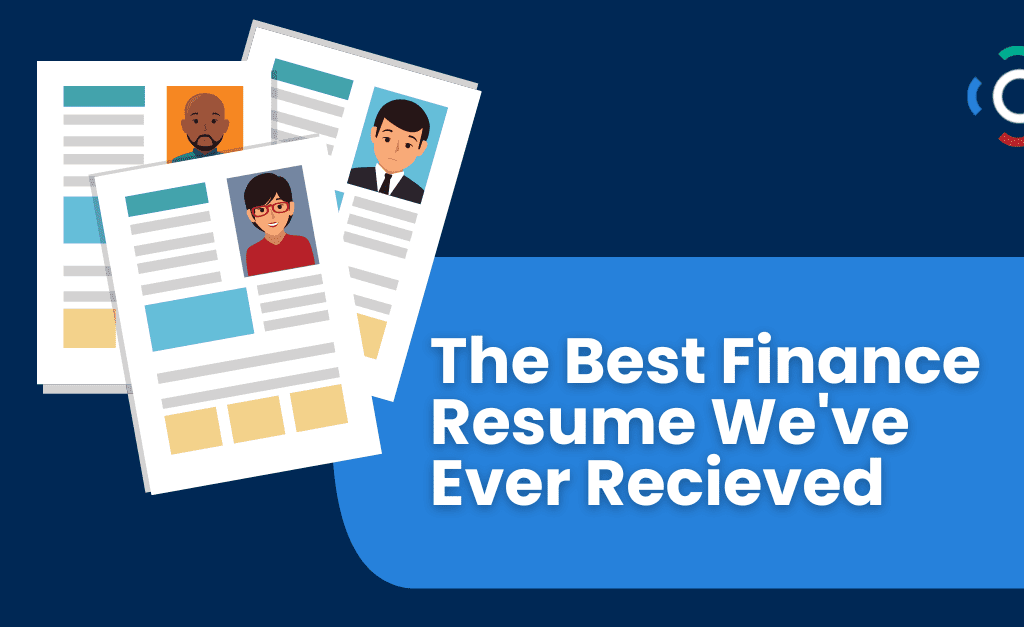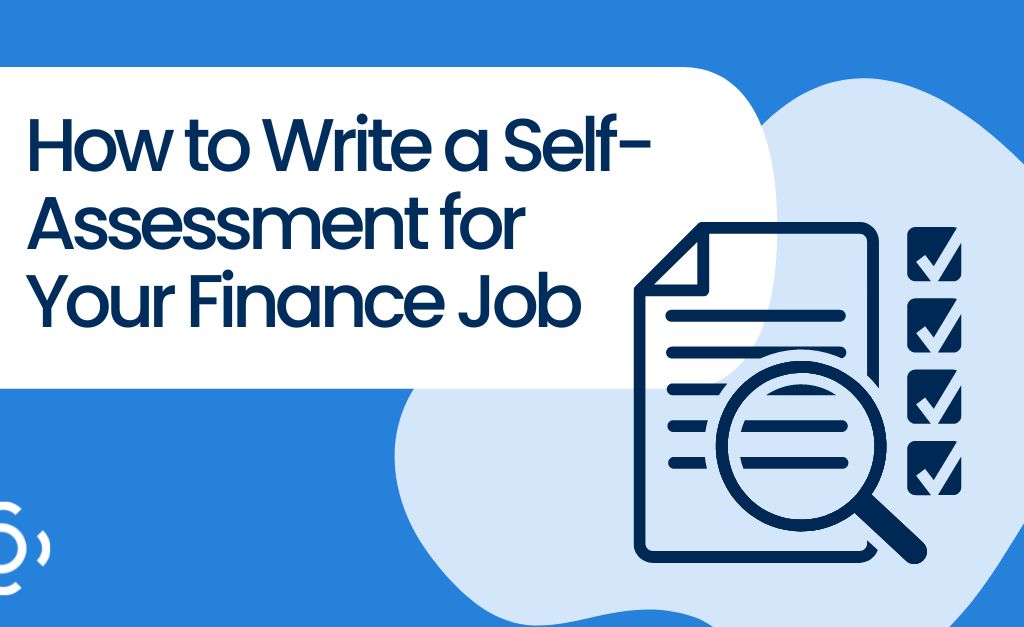The resume is the first thing a potential employer or recruiter sees of you. Make sure you make a good first impression by avoiding these common mistakes.
“There can be as much value in the blink of an eye as in months of rational analysis.” So writes Malcolm Gladwell, in his 2005 bestseller, Blink: The Power of Thinking without Thinking, where the Pulitzer Prize-winning author argues that snap decisions can be just as well-founded as judgments arrived at through lengthy deliberation. Extrapolating from very limited information — what he calls “thin slicing” — is something all of us practice not only routinely, but also quite proficiently, in spite of everything we’re told about the perils of judging books by their covers. For example, on the basis of a first impression, we’ll draw a conclusion about the honesty of a salesperson; on the evidence of a single date, we’ll make up our minds about the relationship potential of a romantic interest; having heard little more than a soundbite on the evening news, we’ll praise a celebrity or condemn a politician. And as often as not, our instincts prove correct.
Whether or not you agree with Gladwell that we ought to trust the powers of intuition, it’s hard to dispute that “thin slicing” is a bigger part of decision-making than we’re wont to think. Employers, after all, have to make snap judgments all the time about candidates, to eliminate the many pretenders from the few contenders. On average, most employers and recruiters will look over a resume for 1-2 minutes. If that seems brief, consider how many CVs, cover letters, etc. a recruiter or hiring manager has to peruse in a single week. When you have hundreds of candidates to consider and just as many documents to go through, a couple of minutes can be an eternity.
And don’t be fooled: one or two minutes might not be enough time to determine whether you’re right for an accounting job, but it’s plenty of time to figure out that you’re not. Recruiters and hiring managers are typically looking for anything that will help them separate the wheat from the chaff. And if they notice a glaring error on your resume, they won’t think twice about sending your file to the recycling bin (whether physical or virtual). So the next time you’re applying for an accounting job, avoid these mistakes, which will instantly take you out of the running faster than you can blink.
Too many typos
Hear me, jobseekers — spellcheck is not your friend. Too many candidates rely upon their word processors to proofread their resumes. But spelling and grammar proofing software typically has a hard time judging meaning and context. Your spellcheck might not pick up on the difference between “finance” and “fiance.” Never mind that writing is an increasingly important skill for accountants to have mastered: even if your prospective employer isn’t a big stickler for grammar (and some are), they will see spelling, grammatical, and punctuation errors as evidence of an inattention to detail or indifference towards quality control.
…one or two minutes might not be enough time to determine whether you’re right for an accounting job, but it’s plenty of time to figure out that you’re not.
The machines haven’t taken over the world just yet, and spellcheckers are still a poor substitute for a pair of sharp eyes. Read your resume aloud, either to yourself or to someone else, in order to suss out any gaffes. Or ask a family member or friend to look it over.
Poor resume design
People judge books by their covers, and resumes by their design styles, formatting, and layouts. A CV that’s hard on the eyes, is riddled with ugly graphics or old-fashioned fonts, or is bulging at the seams with text, won’t do you any favours. Your resume should have a crisp, professional, almost minimalist aesthetic; like the wardrobe you’d wear to the interview you’re hoping to land, it should appear contemporary and clean. Forget the extraneous bells and whistles, like photos and graphics.
And don’t crowd your resume with wall-to-wall text. Nor should you have to mess with the margins or shrink fonts to squeeze everything in. Less is more. Pare the content down to the essentials; focus on recent and relevant info. Few employers will care that you were the owner-operator of a lemonade stand at the age of eight. Listing competitive hacky-sack under your personal hobbies won’t help you land that hot accounting job you covet so dearly.
Finally, avoid using any of the templates that came bundled with your word processor. As a candidate, you’re trying to separate yourself from the rest of the crowd — the last thing you need is to submit a resume that could be visually indistinguishable from dozens of others. Consider paying for a non-standard template on a site like iStockphoto.com, or design your own.
Don’t include a qualitative description that you can’t back up with some kind of quantitative metric…
Not enough numbers
Quality over quantity — except where resumes are concerned. When you’re recounting your career exploits and successes, you want to quantify as much as you can. Don’t include a qualitative description that you can’t back up with some kind of quantitative metric, whether it’s years of experience, amount of clients, dollars of revenue, or whatever. There’s nothing hiring managers love more than numbers. Unlike words, which can be mushy and ambiguous, numbers are sharp and precise. They’re the forensic evidence of hiring.
For accountants and other finance professionals, who are most in their element when they’re dealing with numerical data, you need to be able to put a precise figure on your potential value to an employer when you’re applying for an accounting job. For example, don’t just say you “helped to improve the existing accounting systems.” Instead, describe how much you saved your previous company by reducing costs, identifying errors, or introducing efficiencies. Money talks, so talk money.
Stay tuned for Part II, where we’ll identify more common resume mistakes accounting candidates make.
Let us know what you think! At Clarity Recruitment, we’re always interested in hearing from accounting and finance professionals like yourselves, who are ready for new, exciting opportunities that can take their careers to the next level. And be sure to follow us on Twitter (@clarityrecruits) and connect with us on Facebook for more great tips and advice!


